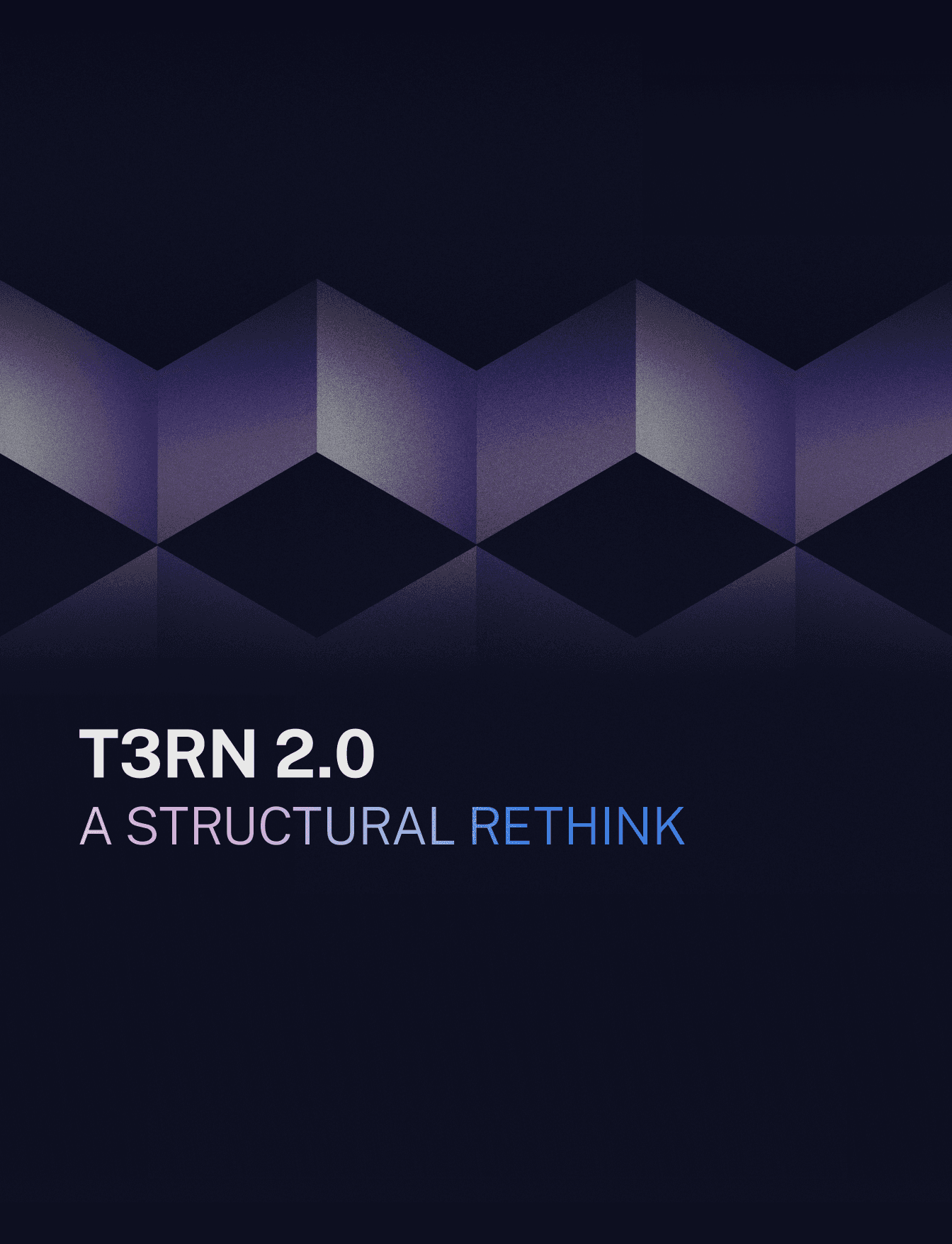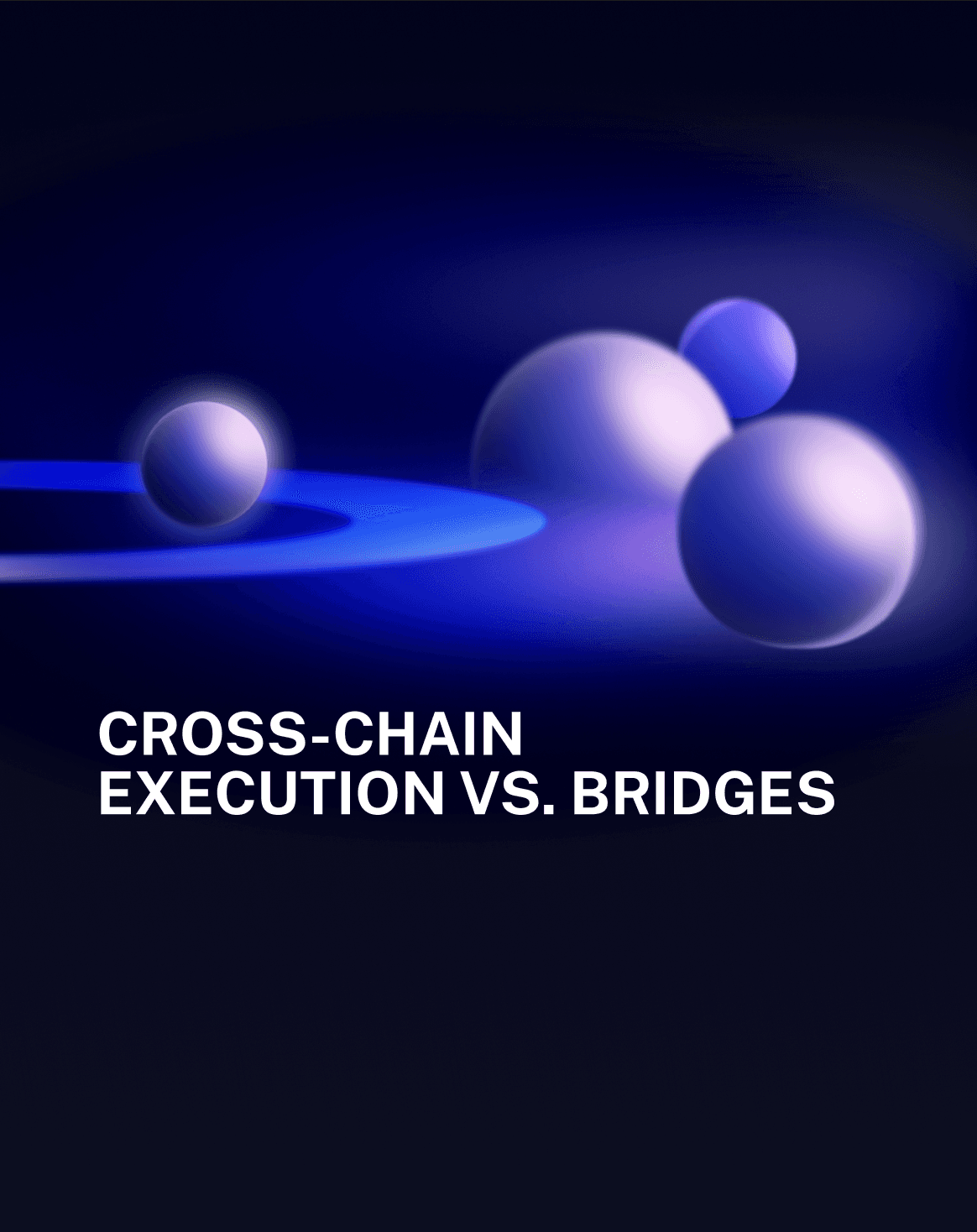As the blockchain ecosystem continues to mature, solutions such as t3rn are seeking to optimize the functionality and efficiency of decentralized networks. As such, t3rn, a platform designed to enable cross-chain interoperability, is leveraging Arbitrum’s Orbit powerful rollup technology to enhance the processes of Attestation and Bidding for user intents.
This strategic collaboration highlights the adaptability of Caldera to support pioneering blockchain projects that are crucial for sophisticated ecosystem interactions, in this case t3rn’s novel approach to optimize every possible aspect of cross-chain execution.
How Caldera gets the most out of t3rn on Arbitrum
Caldera is emerging as a force in shaping how decentralized applications (dApps) are able to deploy and scale. Born out of the necessity to support L2s in the significant limitations faced by developers on congested L1 (Layer 1) blockchains like Ethereum, Caldera offers a solution with its rollup-as-a-service offering, significantly enhancing dApp performance and user experience.
The original vision for rollups began when a critical bottleneck was identified in the blockchain ecosystem: developers were constrained by the limited processing capabilities of major blockchains. Ethereum, for instance, suffers from this issue, leading to high gas fees and slow transaction times that severely impact the usability and adoption of on-chain applications. Recognizing that the foundation of a useful blockchain, much like early computing, relies on a series of incremental innovations, L2s entered the market to provide the necessary infrastructure for expansive scalability. The goal is simple: to empower developers to transcend the limitations of existing blockchain architectures, enabling the creation of complex applications such as expansive web3 games and sophisticated financial services.
Caldera is playing a crucial role in powering this next generation of blockchain networks that are optimized for high performance. Within a few years, the team has managed to secure big names like Manta Pacific, Injective, Kinto, RARI chain, Zerion and others. To date, rollups powered by Caldera have executed over 50M transactions with cumulative TVL exceeding $1B at several times in 2024.
t3rn aims to leverage these innovations. The most recent example being our recent deployment on Arbitrum Orbit, highlighting commitment to providing developers with the tools they need for the nuanced use case of optimized cross-chain execution.

Enhancing Bidding for t3rn’s Executors with Layer 3 networks on Arbitrum Orbit
Intents in a blockchain context refer to pre user commands or objectives that trigger specific actions within smart contracts or decentralized applications. These are expressions of desired outcomes, such as token swaps or contract interactions, which are fulfilled by the system in response to the conditions set forth by the user. Within the t3rn protocol, bidding for user intents by an Executor is a critical component; bidding in this context involves solvers, referred to as Executors, engaging in the bidding for and fulfilling user requests.
Leveraging Arbitrum’s Layer 3 this offers several compelling advantages: block production on Layer 3 is fast, as soon as any transaction is available to process, the block will be produced. This responsiveness is crucial for bidding processes that demand real-time settlement, where even slight delays can lead to inefficiencies or missed transaction opportunities.
Moreover, Arbitrum Orbiter’s highly customizable rollup environment enables precise tailoring of the bidding mechanisms to meet the diverse needs of different blockchain ecosystems. This adaptability allows t3rn’s Executors to optimize bidding strategies in response to varying factors like gas fees, transaction speed, and network congestion, enhancing resource usage efficiency across various networks.
Caldera's scalable infrastructure is pivotal in managing the high volume of bids and intricate decision-making required, without sacrificing performance. RPC queries are reliable and most importantly available to all Executors free of costs; that means Executor’s can rely on the RPC connection, where all of the stages of the order lifecycle can be tracked out of t3rn’s L3 RPC, greatly offsetting the rate of queries Executors make to each individual L2 chain. This capability ensures that as t3rn scales its operations to encompass more chains, its network remains both responsive and reliable. As a result, Executors can function securely and efficiently on the public & L3 RPCs only, which comes with no extra cost of buying RPC access from third parties.
Together, these features underscore the synergistic benefits of moving the orders bidding to Arbitrum L3s via Caldera, showcasing how advanced rollup technologies can significantly bolster the functionality and efficiency of complex blockchain operations.
Optimizing Attestation with Arbitrum L3
Attestation in blockchain is a process where validators/attesters confirm the accuracy and integrity of transactions or events across different chains. For t3rn, ensuring reliable and secure attestation is paramount, as it underpins the trust and efficacy of their cross-chain capabilities. By deploying Attesters on rollups, t3rn can significantly enhance the attestation process.
The primary advantage of leveraging Arbitrum L3s via Caldera for attestation comes from its high throughput and low latency capabilities. Traditional L1 blockchains, with their inherent limitations in speed and scalability, can hinder the efficiency of cross-chain interactions due to slow confirmation times and high transaction costs. Arbitrum Orbit rollups bypass these limitations by processing transactions in a segregated environment before batching them to the main chain. This method drastically reduces the latency and cost associated with attestation.
Furthermore, Caldera’s dedicated rollup service provides an environment where attestation can be executed with enhanced security and reduced risk of congestion-related errors. t3rn’s Executors can therefore operate in a controlled setting, where the parameters and security measures are optimized for inter-chain communication. This environment not only speeds up the attestation process but also ensures that validations are conducted thoroughly and accurately, maintaining the integrity and reliability required for t3rn’s operations.
Conclusion
In conclusion, t3rn will use Arbitrum Orbit L3s to optimize the Attestation and Bidding processes, while our deployment with Caldera demonstrates the unparalleled value their rollup-as-a-service offering presents to projects, in supporting the deployment and maintenance of vital blockchain infrastructures. The ease of deployment and support provided by Caldera not only improves the efficiency of these critical operations but also bolster the overall functionality of t3rn’s cross-chain interoperability solutions.
Join Multichain Matters
Join our newsletter to receive high-quality content like this, alongside the latest web3 tech and t3rn updates, exclusively in your inbox once a month. Don't miss out on exclusive access at no cost. Join alongside +15,000 subscribers - no spam, only value.
Never miss a t3rn.
The t3rn update trusted by 20,000+ and growing. Founder Maciej Baj delivers the most important product updates, ecosystem alpha, and exclusive insights. Once a month, No fluff, just what matters.










